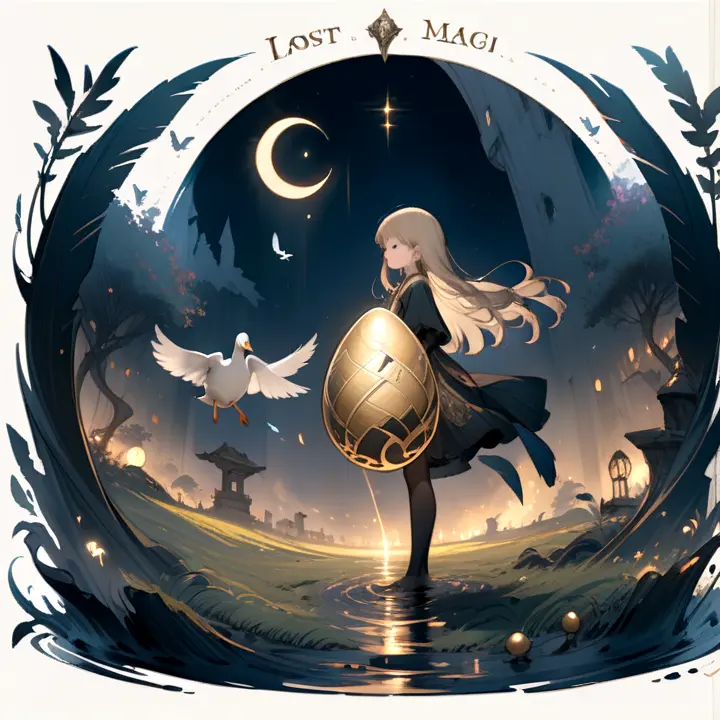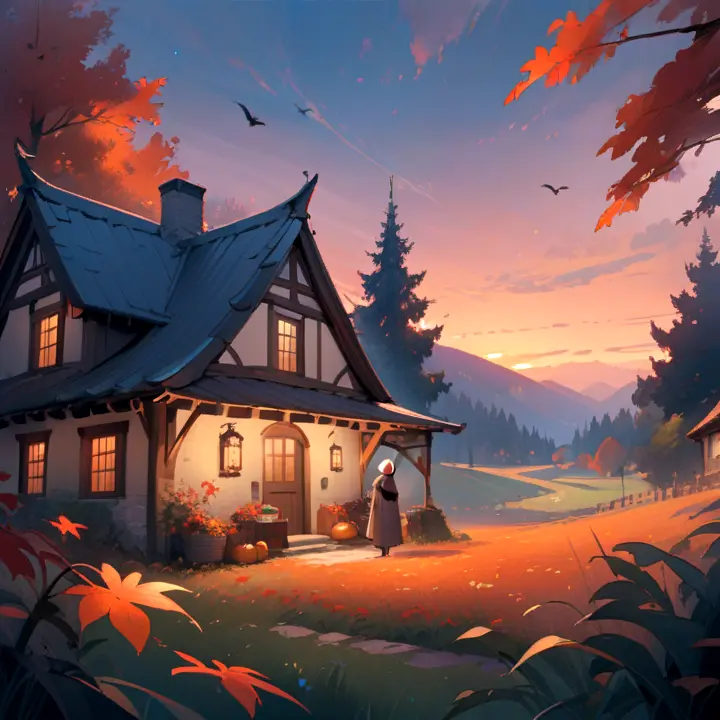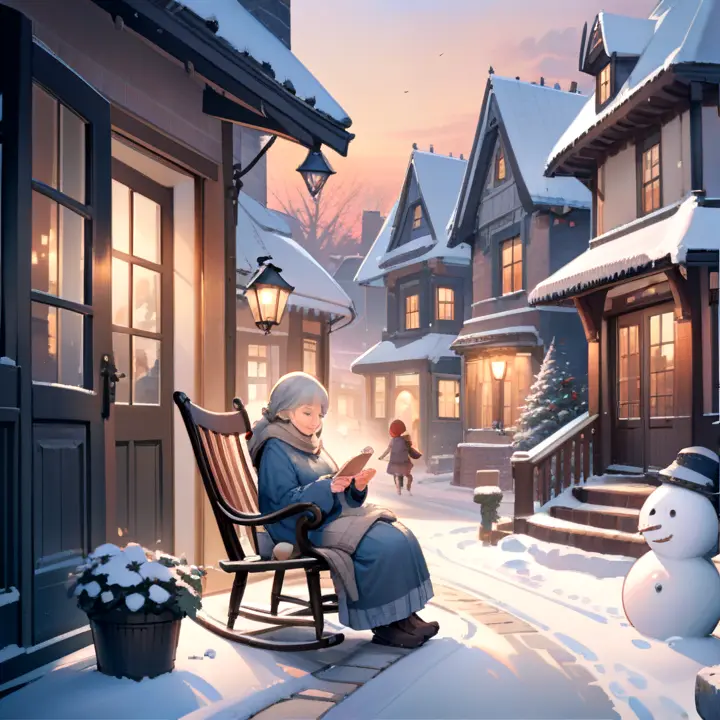In a forgotten corner of Tuscany, where olive trees whispered secrets to the wind, there lived an old carpenter named Geppetto. His workshop, cluttered with splinters of memory, held a marionette tucked beneath a moth-eaten curtain. This puppet, carved from the heartwood of a cursed oak, bore the name Pinocchio-a relic of a promise unfulfilled. 
“# The Weight of Lies
Pinocchio was no ordinary puppet. His strings had long frayed, but his curse remained: every lie he uttered sprouted not a wooden nose, but a thorned vine that coiled around his hollow chest. Years ago, he’d bargained with the Blue Fairy to become *real*. She granted his wish, but reality proved crueler than fantasy. Now a man of flesh and bone, Pinocchio wandered the world, haunted by the truth-that humanity was not a gift, but a burden.
One autumn evening, as fog clung to the hills like guilt, Pinocchio stumbled into a tavern. Inside, a fire crackled, and a woman with eyes like tarnished silver beckoned him. “Sit,” she said, sliding a glass of grappa across the table. “You wear your lies like a second skin.”
“# The Reflection in the Glass
The woman, known only as Lira, was a storyteller. Her tales were not for children. She spoke of men who sold their shadows for power, lovers who dissolved into sea foam, and mirrors that showed not faces, but regrets. Pinocchio, intoxicated by her voice, confessed his truth: “I miss the strings. When I was wood, the lies were simple. Now, they fester *here*.” He pressed a hand to his chest, where the phantom vines tightened.
Lira laughed, a sound like broken bells. “You think your curse is unique? Every adult carries a marionette inside. We dance for money, for love, for the illusion of control.” She leaned closer. “But what if you stopped lying to *yourself*?”
“# The Carnival of Shadows
That night, Lira led Pinocchio to a midnight carnival on the edge of town. Its tents glowed with bioluminescent fungi; acrobats with hollow bones floated above the crowd. At the center stood a mirror maze. “Find your reflection,” Lira urged. “The *true* one.”
Pinocchio wandered the labyrinth, his face fracturing into a hundred versions: a grinning fool, a weeping saint, a hollow-cheeked stranger. In the final chamber, he faced a boy made of splintered wood, eyes gleaming with sap. “Hello, *real* boy,” the puppet sneered. “Do you still believe in fairy tales?”
“# The Unraveling
The vines in Pinocchio’s chest burst forth, piercing his skin. But instead of blood, they spilled sawdust-the remnants of the puppet he’d buried. He fell to his knees, clawing at the thorns, until Lira appeared. “The curse wasn’t the lies,” she said. “It was the denial. You cannot outrun what you are.”
With a touch, the vines disintegrated. Pinocchio’s hands trembled, now scarred but human. “What am I?” he asked.
“Something *more* than real,” Lira replied. “A thing of fractures and fire. Like all of us.”
“# Epilogue: The Puppeteer’s Hands
Years later, travelers speak of a man who roams the coast, mending broken dolls for children. His workshop smells of cedar and absolution. Some say his hands bear thorn scars. Others insist he carves tiny marionettes with faces that shift in the light-a trick of the eye, perhaps.
But in the quiet hours, when the wind carries the scent of the sea, the man whispers to the puppets: “The truth is not a cage. It is the chisel that shapes us.”
And if you listen closely, you might hear the faint creak of wood, laughing in the dark.
—
**bedtimestory.cc Notes**:
– Keywords: *Pinocchio bedtime story for adults, adult fairy tales, dark Pinocchio retelling, philosophical bedtime stories*
– Meta Description: *A haunting reimagining of Pinocchio for adults, exploring lies, identity, and the weight of becoming “real.”*
– Readability: Subheadings break text; natural integration of themes (self-deception, redemption).
– Word Count: 568


